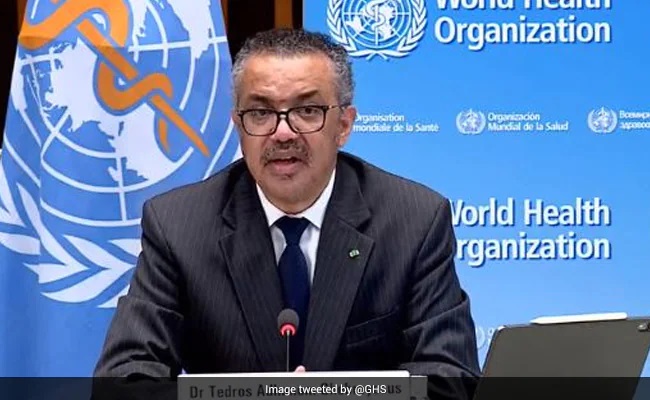Anjali Sharma
GG News Bureau
UNITED NATIONS, 28th Feb. World health agency and its partners on Tuesday warned that people caught up in humanitarian emergencies are at increased risk of cardiovascular disease, cancer, diabetes and other noncommunicable diseases
They said that NCDs are responsible for 75 per cent of deaths worldwide, and it is estimated that strokes and heart attacks are up to three times more likely following a disaster.
UN agencies are meeting in Denmark to ensure that care and treatment for NCDs are included as a standard part of humanitarian emergency preparedness and response to save lives.
WHO head Tedros Adhanom Ghebreyesus said “People living with NCDs in humanitarian crises are more likely to see their condition worsen due to trauma, stress, or the inability to access medicines or services”.
WHO has convened the three-day meeting alongside Denmark, Jordan, Kenya, and the UN refugee agency, UNHCR which opened in Copenhagen.
They reported that the number of crises impacting people’s health has been increasing.
WHO responded to 65 graded health emergencies worldwide, up from 40 a decade earlier.
UNHCR issued 43 emergency declarations to scale up support in 29 countries – the highest number in decades.
UN estimates that 300 million people worldwide will need humanitarian assistance and protection in 2024, with over half in need of emergency health assistance.


Comments are closed.